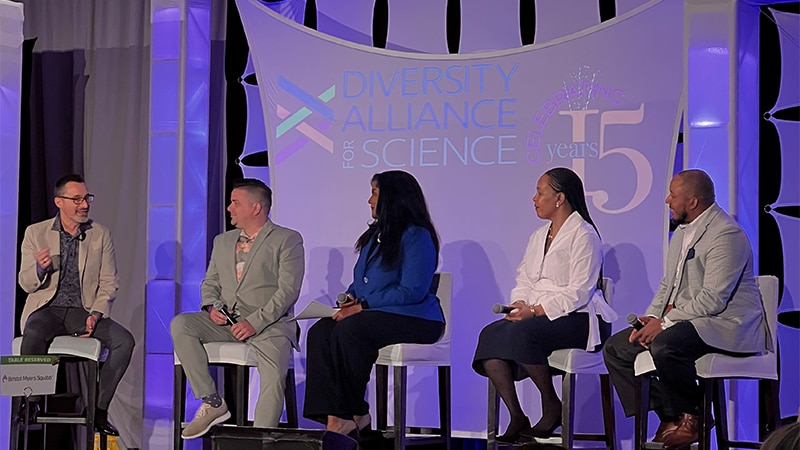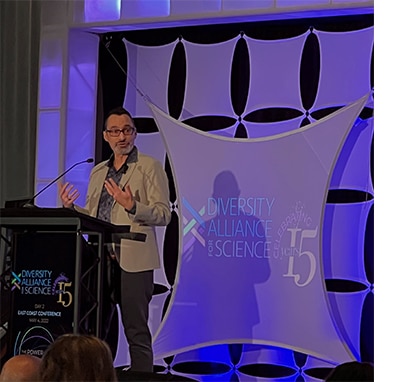David Ricciardi, CEO, Proximo

Proximo is a consultancy that has helped the firm with industry benchmarking for the vendor diversity program.
What main challenges do diverse companies often face?
Proximo has done several Supplier Diversity research projects in the past few years, and from the data, the main challenge is consistently cash flow. And, speaking personally as someone who has owned a small, diverse company for twenty-six years, I would say that is (most often) our number one challenge as well. We also often hear and talk about the challenge of finding and winning opportunities, hiring and retention, and building relationships in a remote work environment, but all of those are secondary to cash flow and cash management.
How have the resources provided by Goldman Sachs enabled you to achieve your mission, maximize inclusive impact and/or grow your business?
Our relationship with Goldman Sachs has been a great one, whereby the resources and projects provided to us are in the form real bilateral thought leadership and ideation. Goldman Sachs was not only the originator and backer of one of our research projects but an active contributor that helped us deliver research that was valuable to not only Goldman Sachs but the Supplier Diversity “industry.” It has absolutely helped to raise Proximo’s visibility as a leader in Supplier Diversity analytics and research.
 What’s next on your journey as a business and what resources will be critical?
What’s next on your journey as a business and what resources will be critical?
The pace of change has accelerated the last several years, which makes it more difficult to plot the journey and plan the resources. However, our planned journey is to continue to expand into innovative analytics that help our clients understand things they were previously unable to. The critical resource for all of this is time – we need to right staffing levels and we need the right level of engagement from our clients and stakeholders.
To continue to take positive steps toward a more diverse and inclusive world, what do more brands need to do?
I would give two pieces of advice. One is look at improved payment terms for diverse suppliers. Standard Net 30 will have a greater impact than anything else you can do. Secondly, get us as close to the buyer as possible to help us build meaningful relationships which are the foundation of success and opportunity.
What's one thing you wish others knew about the power of a diverse supply chain and the impact it can have on underrepresented communities more broadly?
We see this in our data and our research - this isn’t about procurement spend per se, but about people. Prosperity and stability start with having a job. It’s what provides health care, pays for education, puts food on a table under a roof. Our data shows that the workforces of diverse-owned suppliers are more diverse than those of non-diverse suppliers, so using diverse suppliers does indeed have outsized impact in underrepresented communities. What can be more difficult to quantify is how a diverse supply chain positively impacts a brand itself. The Hackett Group has done studies showing that 99% of diverse suppliers meet or exceed expectations, which is a great number. Diverse suppliers focus on creating something out of nothing, perhaps because that’s the way many of the owners have had to live their lives.

